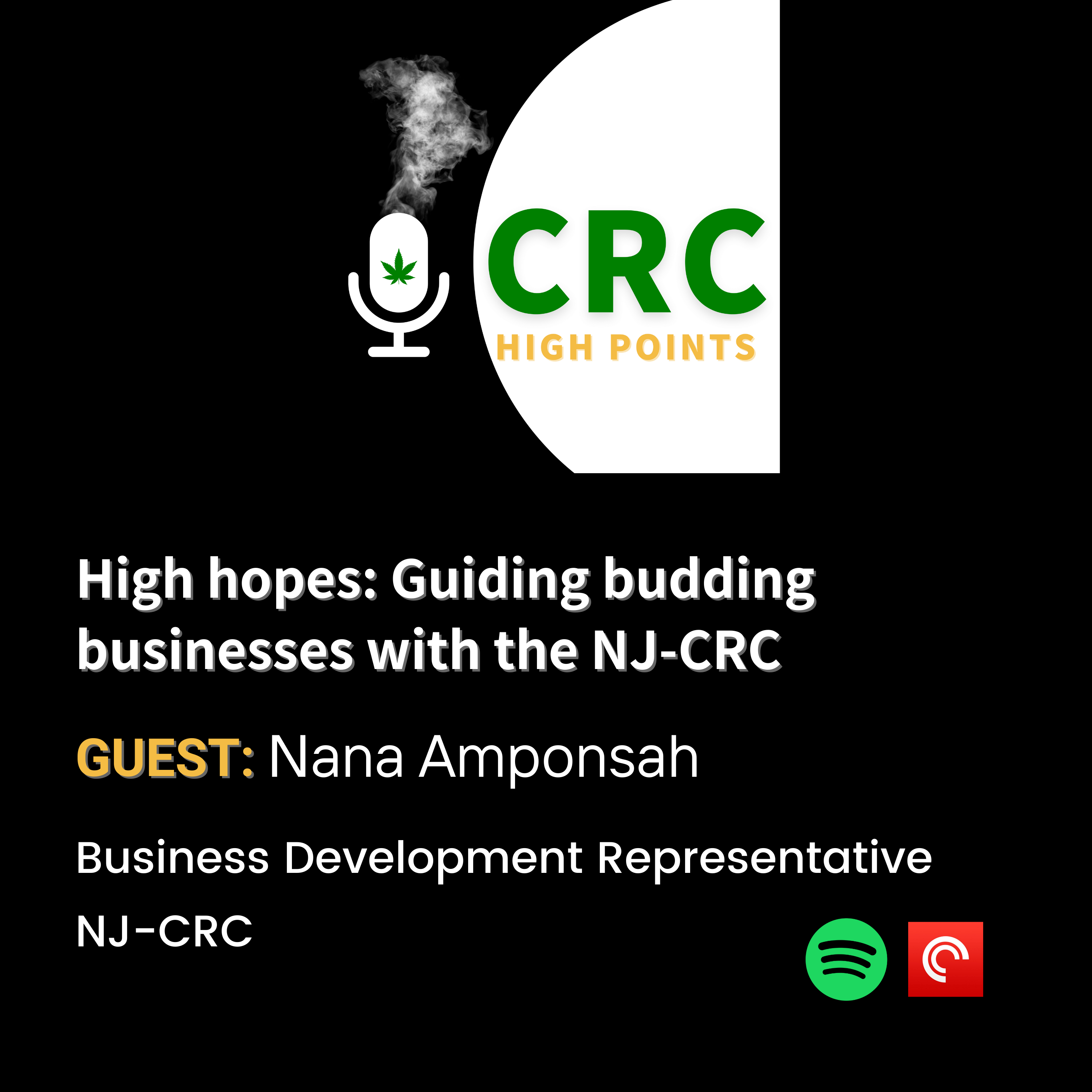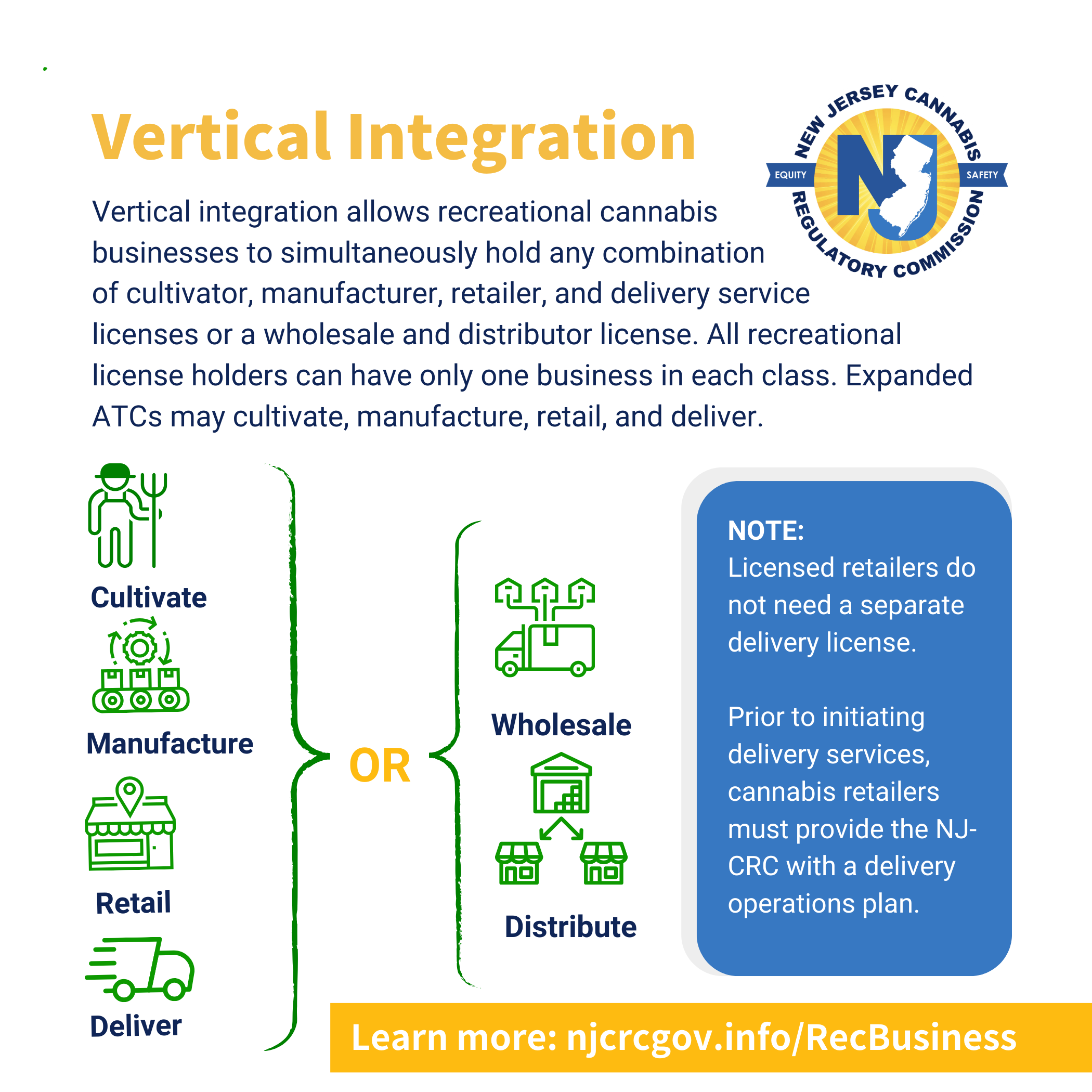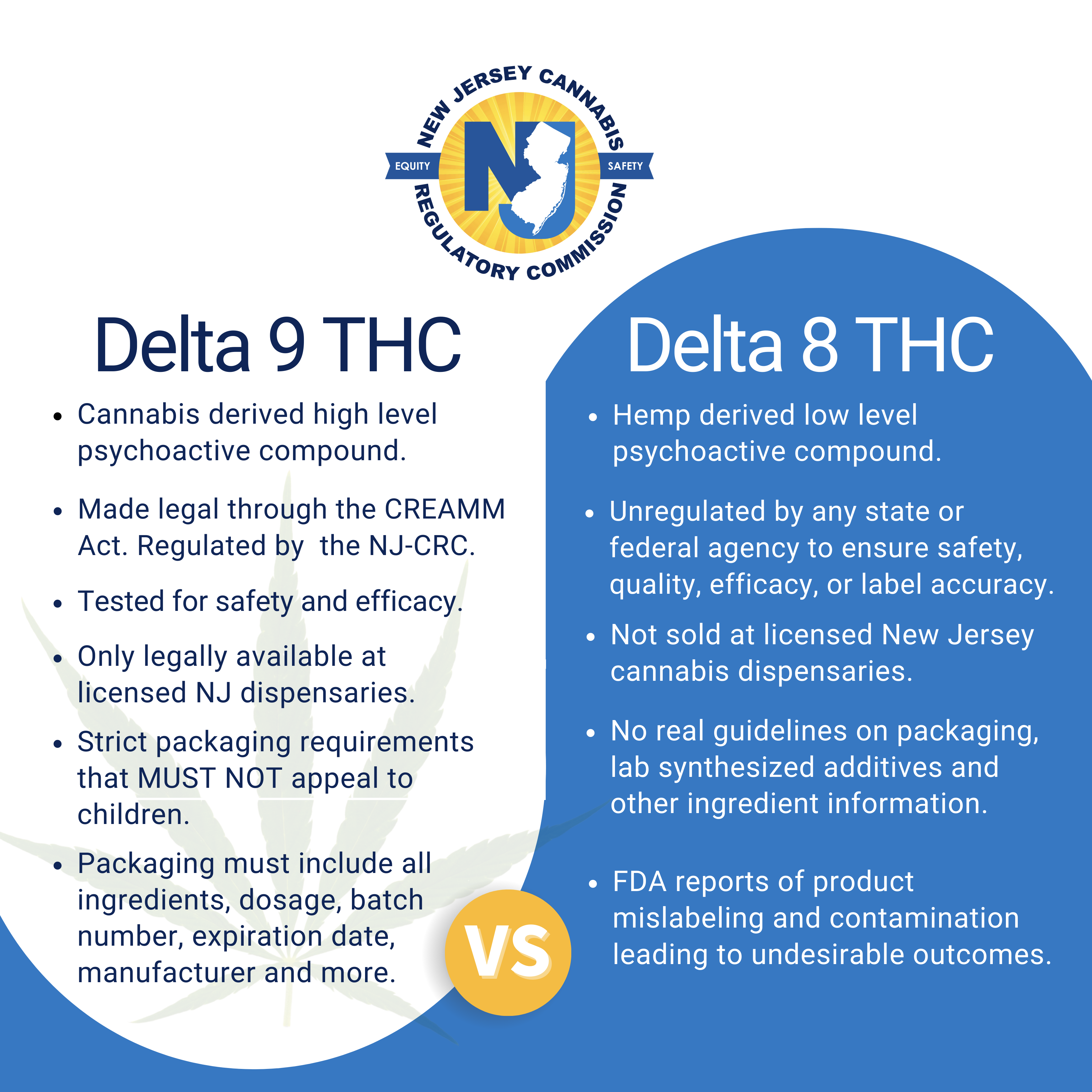
Opening of Cannabis Business Classes
Starting September 27th, 2023, the NJ-CRC will begin accepting applications for wholesale, manufacturing, and delivery cannabis business licenses. This is a fantastic opportunity for new cannabis entrepreneurs to enter the New Jersey market and expands the vertical integration opportunities for existing operators. The opening of the three classes rounds out the cannabis industry in the state.
- A Class 3 Wholesale license allows the holder to store, buy, and sell bulk cannabis and cannabis products. Wholesalers cannot cultivate, manufacture, or package cannabis or cannabis products, and cannot sell cannabis or cannabis products directly to consumers.
- A Class 4 Distribution allows the holder to transport bulk cannabis and cannabis products between cannabis cultivators, manufacturers, or retailers within the state of New Jersey. Distributors cannot cultivate, manufacture, or package cannabis or cannabis products; or sell cannabis, or cannabis products directly to consumers; or purchase or resell cannabis or cannabis products.
- A Class 6 Delivery license allows the holder to transport retail purchased cannabis and cannabis products to consumers. Holders of a delivery license cannot cultivate, manufacture, or package cannabis or cannabis products, or store any cannabis or cannabis products at the licensee’s administrative office.
As with the other business classes, applicants can apply for either a conditional license or an annual license.
- Conditional license – provisional license allows for an abbreviated application process that does not require site control and municipal approval, and gives applicants more time to gather the requirements for an annual license.
- Annual license – license that allows applicants to begin operations after passing NJ-CRC inspections.
The additional licenses allow for more vertical integration options. Currently, a cannabis business can simultaneously hold licenses for cultivation, manufacturing, and retail – and deliver, since retailers are allowed to do their own delivery. With the additional licenses opening, a business holding a cultivation license can also hold a delivery license and wholesalers can also be distributors. License holders can hold only one of each license class.
Priority Applications
In addition to deciding the type of license you want - conditional or annual - you should also determine your priority status before applying. The NJ-CRC designates priority to Social Equity Businesses and Diversely-Owned Businesses in both the review and approval portions of the application process. These businesses will be prioritized in the licensure process so that their applications are reviewed before other applicants – regardless of when they apply.
- Social Equity Businesses - owned by people who have lived in an Economically Disadvantaged Area of the state, or who have convictions for cannabis-related offenses (expunged or not). Applications from Social Equity Businesses for wholesale, manufacturing and delivery licenses will be accepted exclusively for 90 days - from September 27, 2023, to December 26, 2023.
- Diversely-Owned Businesses - minority-owned, woman-owned, and/or disabled veteran-owned businesses - as certified by the New Jersey Department of the Treasury. While still accepting applications from Social Equity Businesses, applications from Diversely-Owned Businesses will begin to be accepted on December 27, 2023.
The application process opens for all other applicants on March 27, 2024.
Further, applicants can decide if they want to pursue a microbusiness or a standard business license. A microbusiness is a licensed business with a relatively small operation. Microbusinesses can be a cannabis cultivator, manufacturer, distributor, retailer, or delivery service. The business must meet all the following requirements:
- have no more than 10 employees at one time.
- have a physical plant of no more than 2,500 square feet; and in the case of a cannabis cultivator, the canopy height cannot be more than 24 feet.
- possess no more than 1,000 mature cannabis plants each month (cannabis distributors are exempt.)
- acquire no more than 1,000 pounds of usable cannabis (or the equivalent amount in other forms) each month.
We aim to make navigating the cannabis licensing process in New Jersey as simple as possible by arming you with all the information you need. Reviewing the application guide can help aspiring cannabis entrepreneurs figure out where to start, so they can contribute to the growth and diversity of the burgeoning cannabis industry in the Garden State.
Previous Blog Posts

High Hopes: Guiding budding businesses with the NJ-CRC
09/5/2025
Nana Amponsah, business development representative at NJ-CRC, talks about her role, as part of the Office of Diversity & Inclusion, in identifying challenges cannabis entrepreneurs face, providing assistance to applicants and new businesses wherever possible, and acting as a liaison between cannapreneurs and other state agencies that provide support. She also explains how NJ cannabis business development differs from other fields, emphasizing the continuous need for support.

Tips for SMART Gatherings This Holiday Season
11/26/2025
The holidays are a time for food, fun, laughter, and connecting with the people who make life sweeter. And as more adults in New Jersey choose to enjoy, or gift legal cannabis during the season, the NJ-CRC has launched its second safe-use campaign, S.M.A.R.T., to help keep celebrations (relatively) stress-free. S.M.A.R.T. is an easy way to remember the basics of responsible cannabis use, especially when travel is constant, roads are chaotic, homes are busy, and curious little ones are wandering.

Cannabis and PTSD
10/20/2025
Everyone feels pain at some point—whether it’s a sore back after a long day, a pounding headache, or stomach cramps that just won’t let up. But for some people, pain isn’t temporary. It’s a constant part of daily life. Anxiety disorders are the most common qualifying condition for New Jersey’s Medicinal Cannabis Program (MCP). However, various forms of pain also rank highly on the list of qualifying conditions. Specifically, chronic pain related to musculoskeletal disorders is the second most common condition, migraines are fourth, and chronic pain originating from visceral sources ranks fifth.
 Official Site of The State of New Jersey
Official Site of The State of New Jersey


